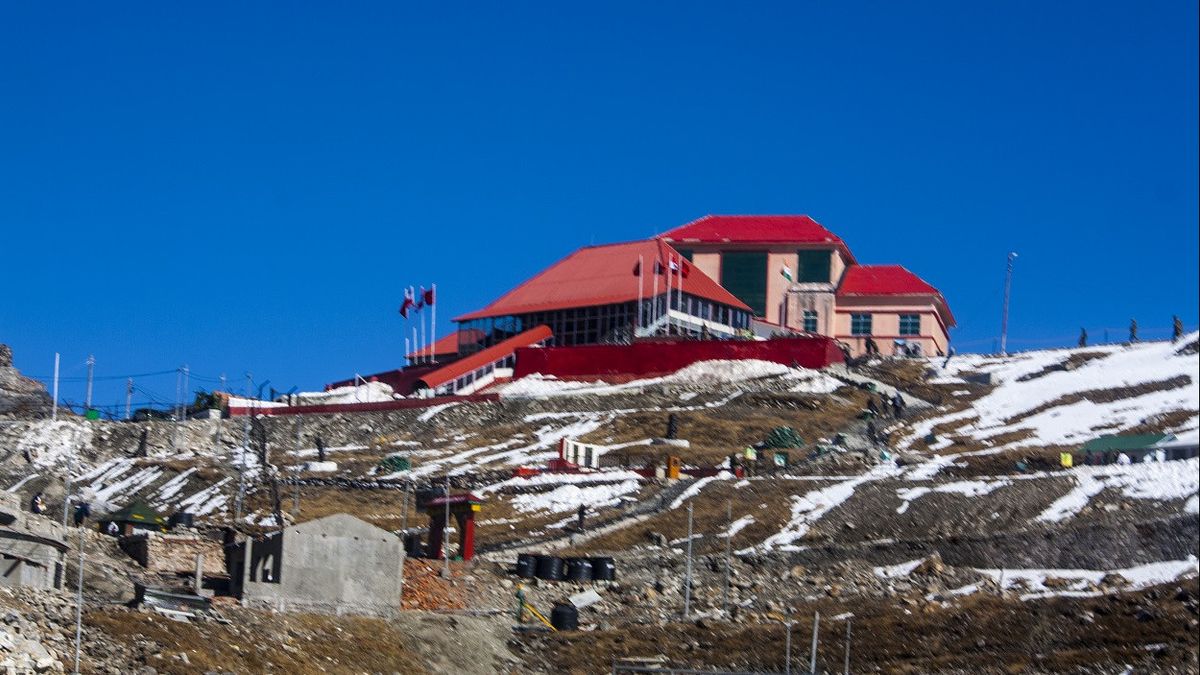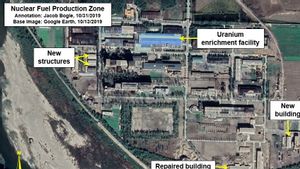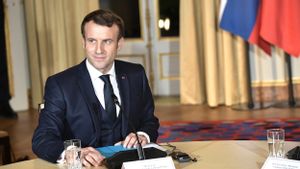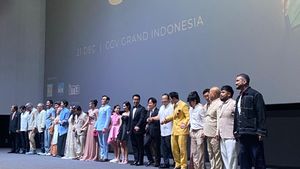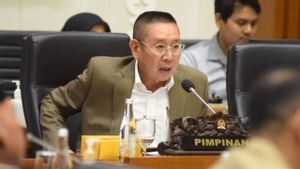JAKARTA - Indian authorities have told China that bilateral relations between the two countries will only develop when both sides withdraw their troops from confrontation on the disputed Himalayan border.
Indian Foreign Minister, Subrahmanyam Jaishankar, discussed the possibilities of both sides when he met Chinese Foreign Minister Wang Yi on the sidelines of a regional conference in Dushanbe, Tajikistan.
"Discussions of disengagement in our border areas. Underlining progress in this regard is essential for the restoration of peace and tranquility, which is the basis for the development of bilateral relations", Jaishankar said on Twitter, citing Reuters Friday, September 17.
Thousands of Indian and Chinese troops have been locked in the confrontation in the western Himalayas since last year when hostilities over a decades-old border dispute erupted.
In June last year, tensions erupted into a hand-to-hand fight that resulted in deaths on both sides, the first clash between the two countries in decades.
After several rounds of talks between commanders, the forces of the two countries agreed to retreat in several parts of the border, including the Pangong Tso lake, a contested area near the scene of last year's clashes.
However, troops backed by artillery remained on the close range in other sectors.
"China has always handled the China-India border issue well and with a positive attitude", said Minister Wang Yi.
"(Both sides should) work together to maintain peace and tranquility in the border area, and stop repeated border incidents."
As two world powers, China and India should push bilateral relations back on a healthy and stable track, a statement from China's Foreign Ministry quoted Wang as saying.
China and India fought a war on their border in 1962 and never settled the dispute. However, in recent years, trade relations at the border have developed.
Minister Jaishankar said he also discussed recent global events with Minister Wang, though without providing details.
SEE ALSO:
While China's military close ties with India's arch-foe Pakistan have been a source of tension, Minister Jaishankar said India-China relations should be viewed bilaterally.
"It's also important that China doesn't see its relationship with India through the eyes of a third country", he told Wang.
The two top officials were in Dushanbe for the Shanghai Cooperation Organization (SCO) meeting. It is planned that President Xi Jinping and Prime Minister Narendra Modi will speak at the meeting via video link on Friday local time.
The English, Chinese, Japanese, Arabic, and French versions are automatically generated by the AI. So there may still be inaccuracies in translating, please always see Indonesian as our main language. (system supported by DigitalSiber.id)
